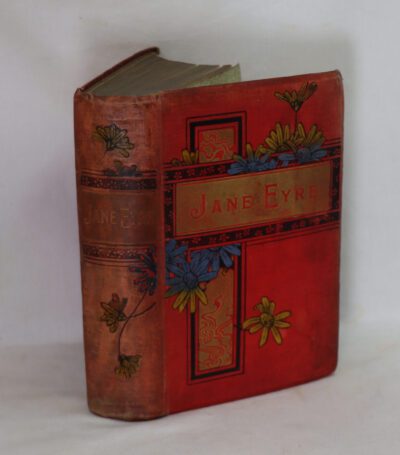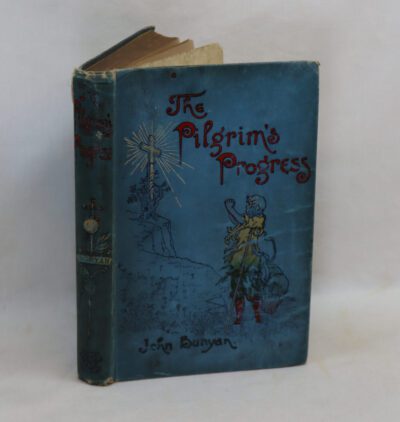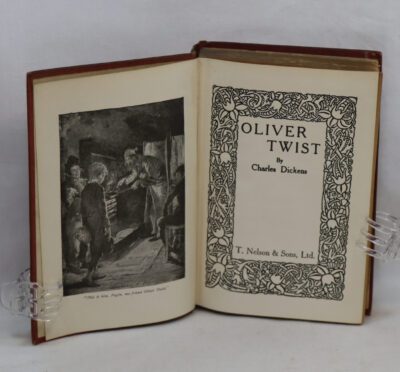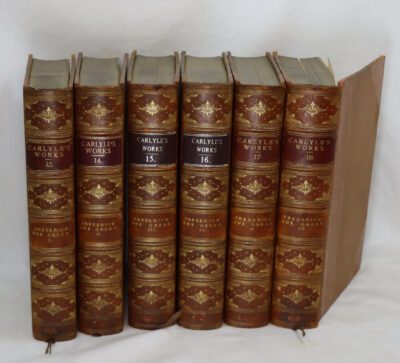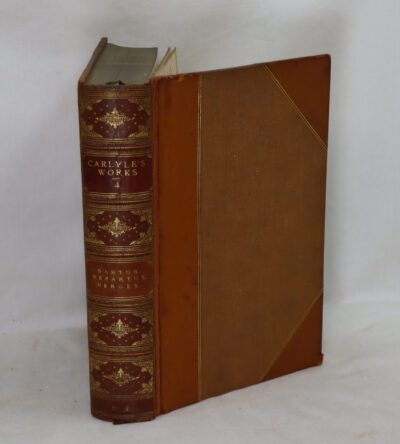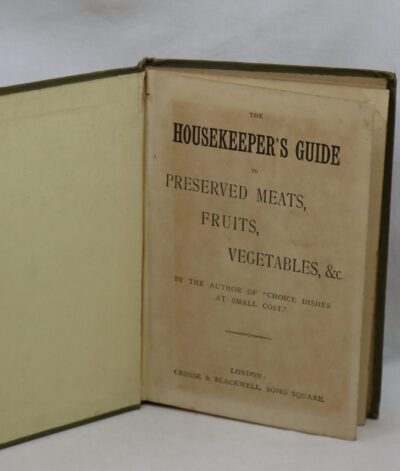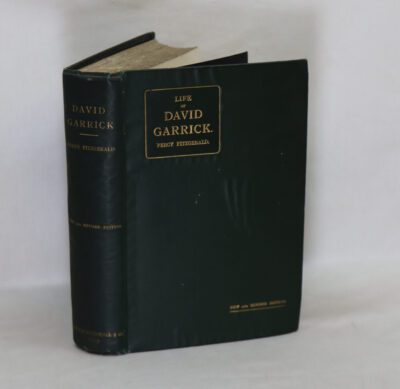Wild Animals I Have Know.
By Ernest Seton Thompson
Printed: 1898
Publisher: David Nutt. London
| Dimensions | 15 × 21 × 3 cm |
|---|---|
| Language |
Language: English
Size (cminches): 15 x 21 x 3
Condition: Very good (See explanation of ratings)
Item information
Description
Tan cloth binding with gilt title and footprints decoration on the spine and front board.
-
F.B.A. provides an in-depth photographic presentation of this item to stimulate your feeling and touch. More traditional book descriptions are immediately available.
-
Note: This book carries the £5.00 discount to those that subscribe to the F.B.A. mailing list.
First edition: A quality kept book. 359pp + numerous b/w illustrations throughout.
Wild Animals I Have Known is an 1898 book by naturalist and author Ernest Thompson Seton. The first entry in a new genre of realistic wild-animal fiction, Seton’s first collection of short stories quickly became one of the most popular books of its day. “Lobo the King of Currumpaw”, the first story in the collection, was based upon Seton’s experience hunting wolves in the southwestern United States. It became a classic, setting the tone for his future works that would similarly depict animals—especially predators who were often demonized in literature—as compassionate, individualistic beings.
Several years after its publication, Seton and his works came under fire during the nature fakers controversy, which began in 1903 when naturalist John Burroughs published an essay called “Real and Sham Natural History” in The Atlantic Monthly. In particular Burroughs blamed Seton’s collection of stories for founding the sentimental animal story genre, which he felt featured fabricated events and wild animal behaviors; he even amended the title of the collection to Wild Animals I Alone Have Known.
Seton was an early pioneer of the modern school of animal fiction writing, his most popular work being Wild Animals I Have Known (1898), which contains the story of his killing of the wolf Lobo. Four stories from this collection would be republished as Lobo, Rag, and Vixen (1900). He later became involved in a literary debate known as the nature fakers controversy, after John Burroughs published an article in 1903 in the Atlantic Monthly attacking writers of sentimental animal stories. The controversy lasted for four years and included important American environmental and political figures of the day, including President Theodore Roosevelt.
Ernest Thompson Seton (born Ernest Evan Thompson August 14, 1860 – October 23, 1946) was an English-born Canadian-American author, wildlife artist, founder of the Woodcraft Indians in 1902 (renamed Woodcraft League of America), and one of the founding pioneers of the Boy Scouts of America (BSA) in 1910.
Seton also influenced Lord Baden-Powell, the founder of the Scouting movement . His writings were published in the United Kingdom, Canada, the US, and the USSR; his notable books related to Scouting include The Birch Bark Roll and the Boy Scout Handbook. He is responsible for the appropriation and incorporation of what he believed to be American Indian elements into the traditions of the BSA.
Want to know more about this item?

Related products
Share this Page with a friend





